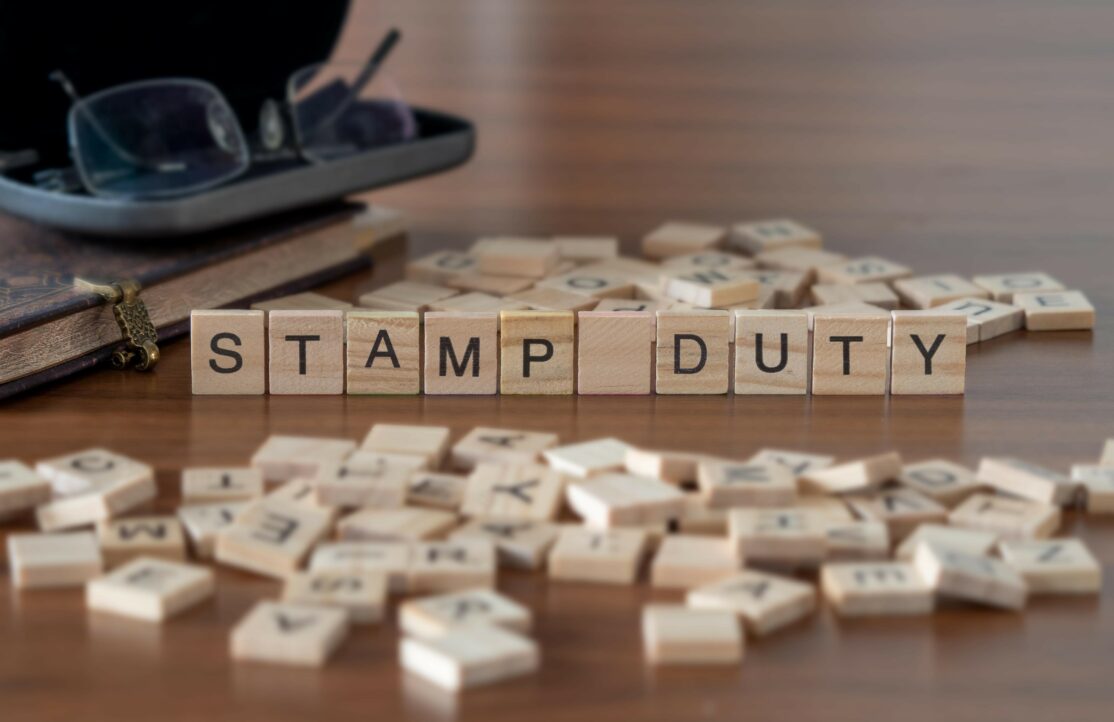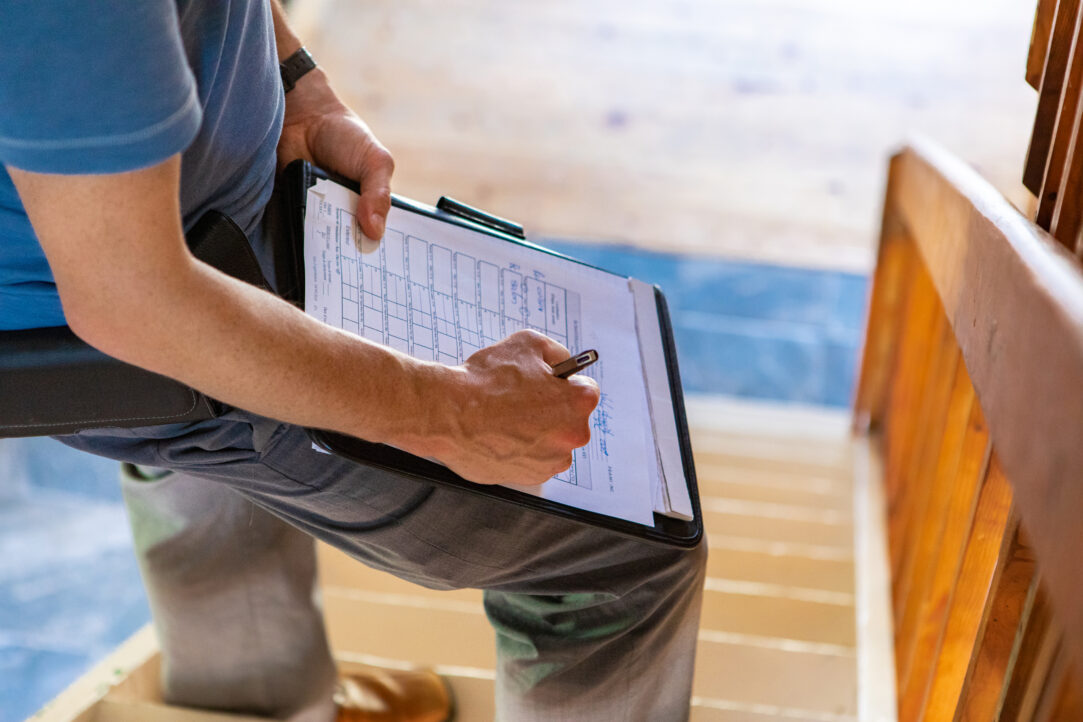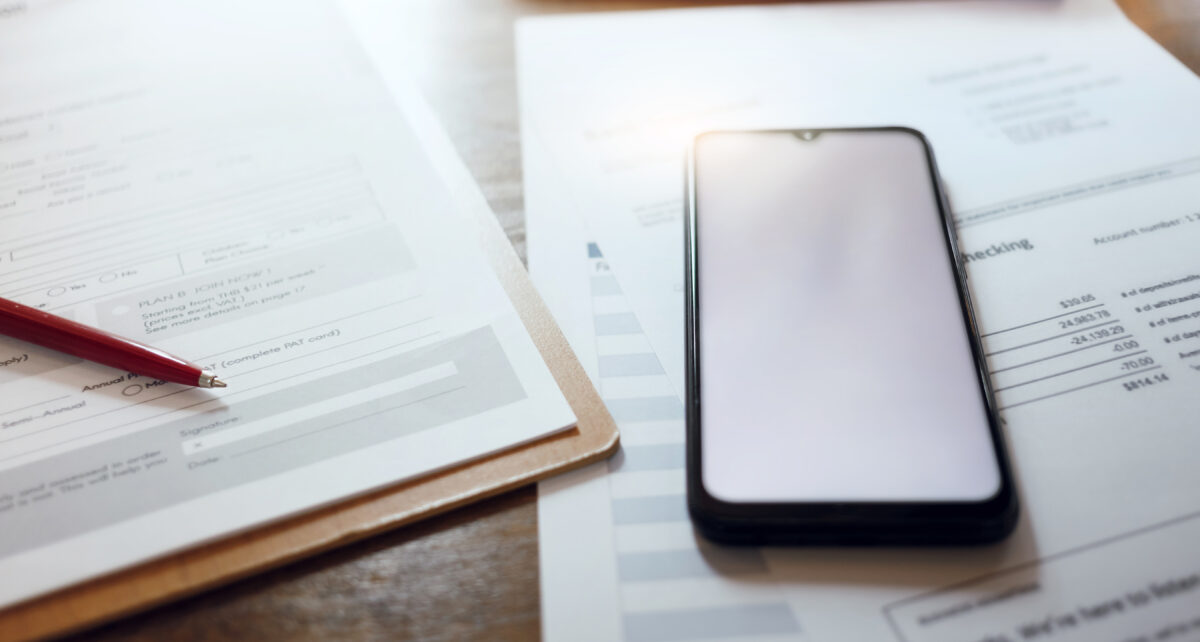- 31 Oct 2024
- •
- 2 min read
Why inspecting a property before you buy is essential

When you buy a new property, your property lawyer and surveyor will provide you with lots of information. However, there are some things that you, as the buyer, need to look at for yourself.
Communicating with your property lawyer
While your property lawyer will advise you on the legal aspects of your purchase, it is important for you to inform them of any unusual aspects of the property itself, your plans for it, or any personal circumstances that could affect the purchase.
Future plans
If you are planning any developments, renovations or changes to the property’s use, then we recommend discussing your plans with your lawyer early on. This ensures they can advise you on any legal implications and help avoid potential issues down the road.
The need for property inspection
Property lawyers do not typically inspect the physical condition of the property as part of the conveyancing process. Therefore, it is up to you to personally assess the property and bring any concerns to their attention. If you notice anything that contradicts the information your lawyer has provided, let them know as soon as possible.
Reliance on assurances
If you’ve been given assurances about the property’s condition or any other factors by the seller or estate agent, make sure to share these with your lawyer. They will seek written confirmation from the seller’s solicitor, as verbal assurances cannot be legally relied upon without proper documentation.
Key aspects to look for
When inspecting the property, you should let your property lawyer know of any of the following issues:
- Signs of previous flooding or water damage.
- Walls or boundaries that may need clarification of ownership, such as freestanding or retaining walls.
- Buildings or structures built over or near public sewers or water mains, which could require special permissions.
- Extensions or alterations that have not been disclosed by the seller.
- Evidence of any rights that others may have over the property, such as rights of access (whether over the garden, driveway or any shared access route), shared utilities, overhanging structures, bins, or parking arrangements.
- Planning notices displayed near the property that may affect the property.
- Any third parties living in the property, such as extended family members (i.e. grandparents, adult children etc).
- Discrepancies between the property boundaries and the registered title plan.
This list is not exhaustive, but it gives an overview of some key factors to consider.
Additional resources
To gain more information about the property and surrounding area, you can use online tools, such as:
• Digital TV reception checker
• Internet availability
• Aircraft noise information
• Flood risk maps
• Planning registers
• Neighbourhood information
• Survey information from RICS
• ‘Which’ house viewing checklist
How Trethowans can help
At Trethowans, our expert property lawyers are on hand to guide you through your next property purchase. Whether you’re buying a home or an investment property, we’re here to make the process as smooth as possible. Reach out to one of our teams today for expert legal advice.














